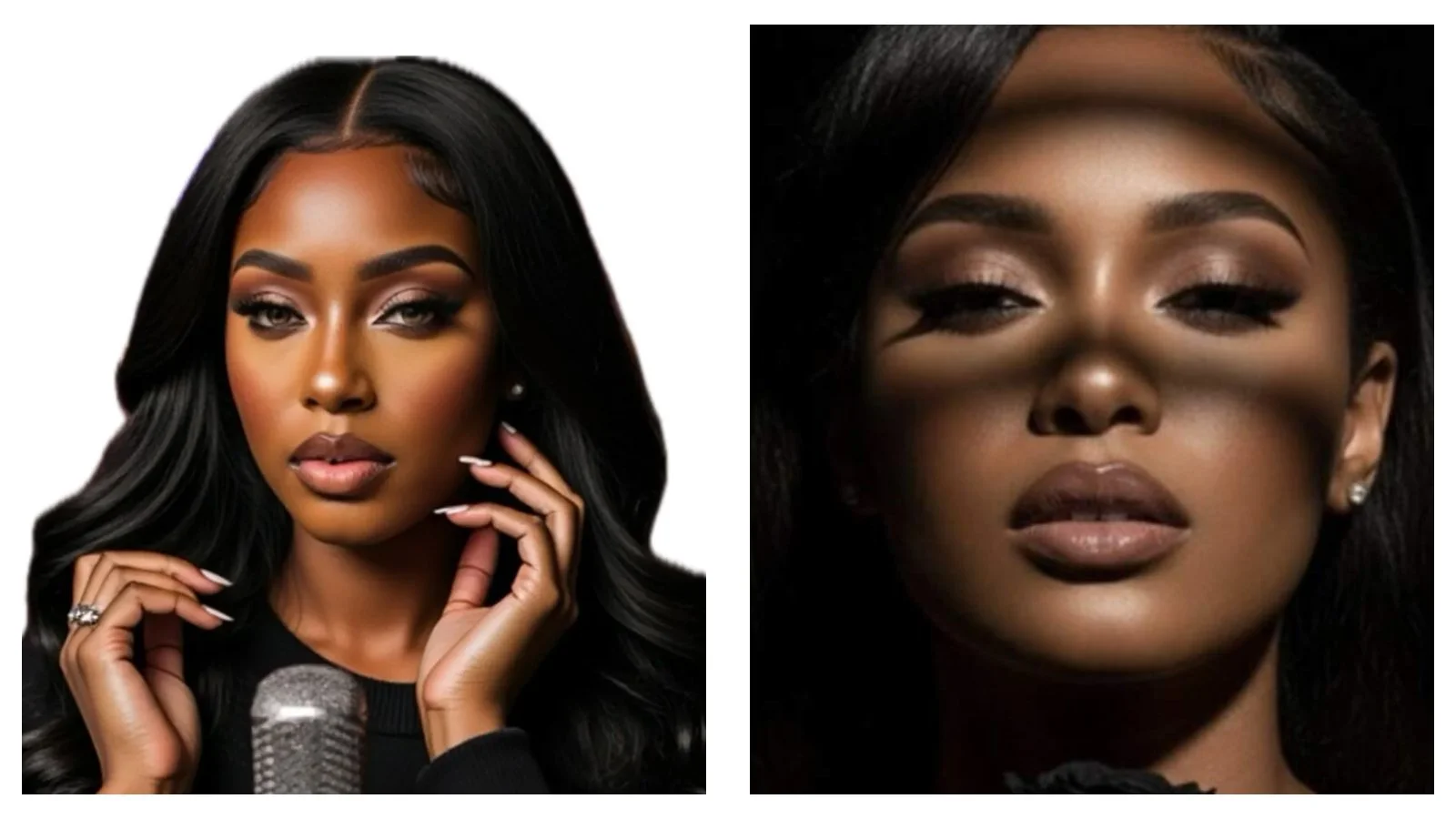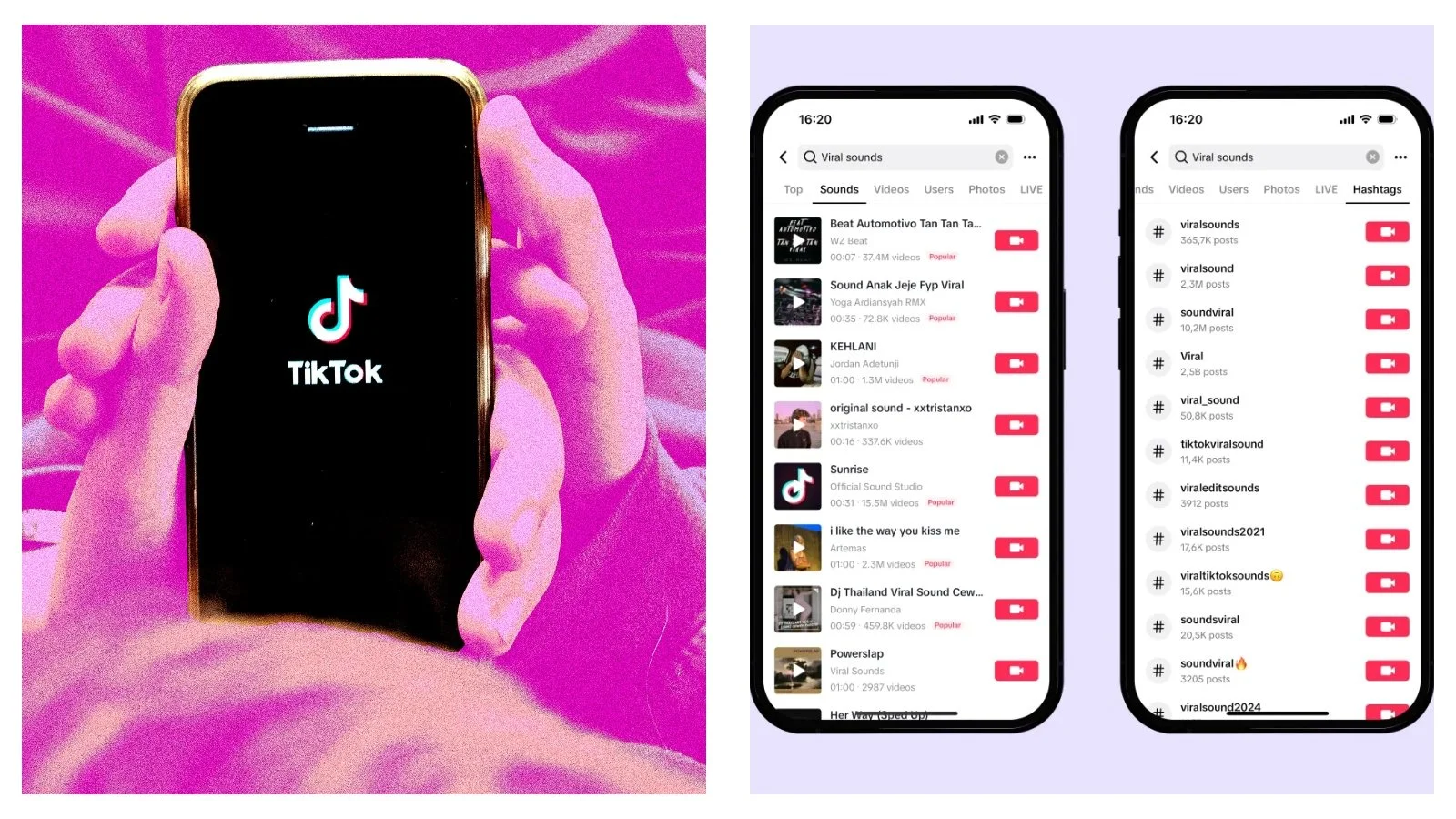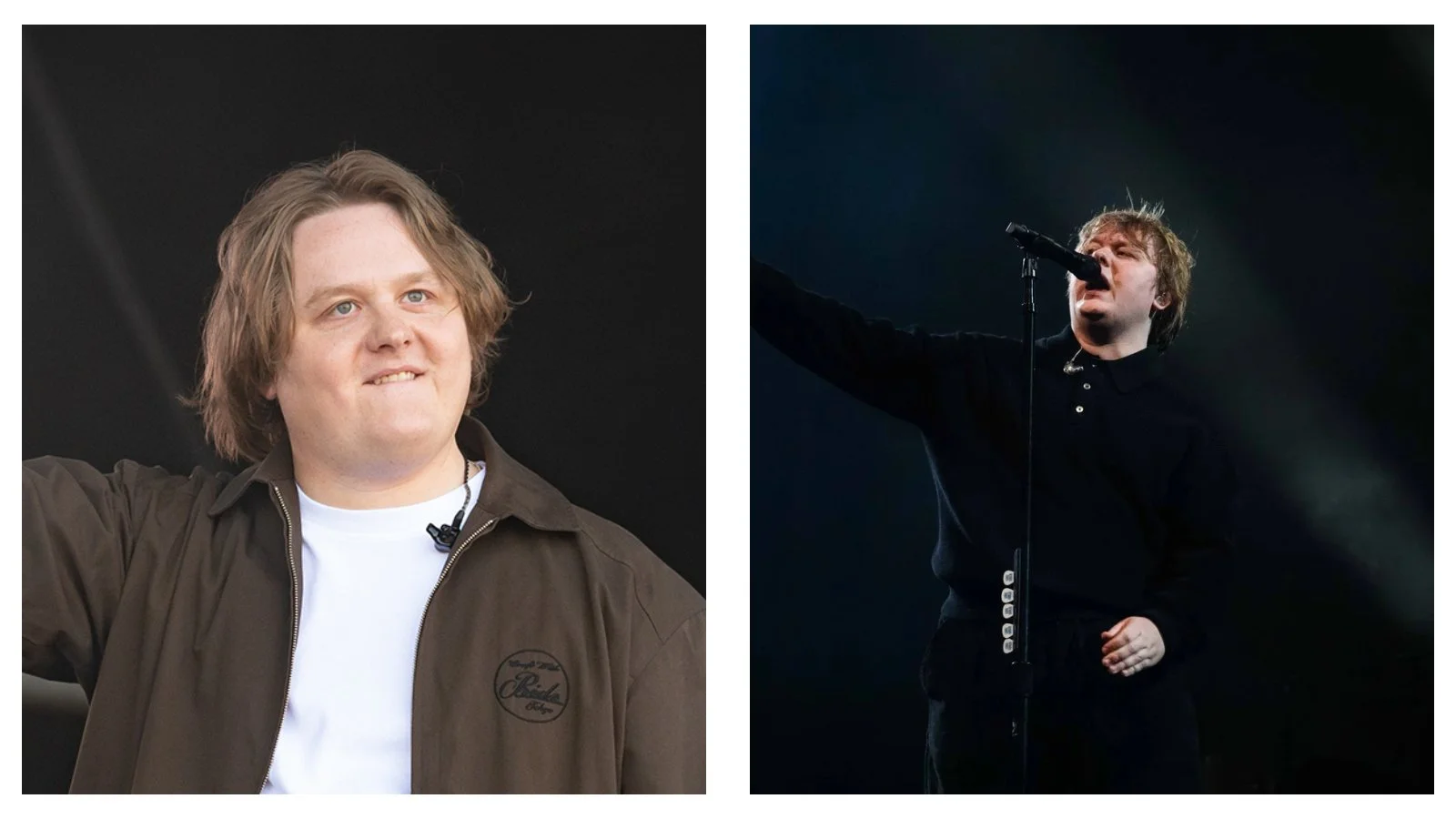The Xania Monet debate: AI won’t kill music - unless we let it
Technology can expand creativity, but unchecked, it could strip away the soul of the songs we love. The industry’s next big disruption demands balance.
Music has always been more than just sound. For most of us, it carries memory, emotion and history, acting as a heartbeat that reflects the times we live in.
From jazz to classical, hip-hop to K-pop, every genre has been personally shaped by human experience.
Now, as AI music companies begin generating tracks that mimic voices, melodies and entire bands, the industry finds itself at a tricky turning point.
The challenge is making sure that technology amplifies creativity, instead of hollowing it out.
Music News Blitz writer Anna Ferraz expands on this multi-faceted dilemma.
The promise of new tools
For many, AI music looks like an opportunity or the next big step in technological developments in culture.
Platforms such as Suno or Udio allow anyone with a laptop to experiment with composition, producing polished tracks in minutes.
Independent musicians who can’t afford studio time can use AI as a collaborator - a way to spark ideas, draft arrangements, or even experiment with sounds that would otherwise be out of their reach.
In this sense, AI follows a long tradition of disruptive tools in music.
The synthesiser, the sampler, and digital audio workstations all expanded what artists could do.
Streaming platforms like SoundCloud revolutionised distribution.
Supporters argue that AI is just the latest step in these tools, one that could lower barriers and encourage new voices to join the conversation.
READ MORE: The meme-ification of music: When songs become jokes, they become hits
The risks beneath the hype
Despite this, the dangers are equally clear.
AI can reproduce the surface of music, such as the style, the texture, and the sonic polish, without the lived experience that gives songs meaning.
It cannot know heartbreak, joy, or protest.
Without that, music risks becoming flat like algorithmic wallpaper, optimised for playlists rather than rooted in authentic and human-lived expression.
Copyright is another flashpoint.
In June 2024, the Recording Industry Association of America filed lawsuits against Suno and Udio, accusing them of mass infringement after AI-generated songs were found to echo artists ranging from the Beatles and the Beach Boys to Mariah Carey and Depeche Mode
If AI tools are trained on copyrighted works without consent, and then churn out tracks that compete with the very artists they borrowed from, the foundations of the music business start to crack.
When AI steps into the spotlight
The rise of AI-created artists makes the debate even sharper.
Xania Monet, a fully AI-generated performer that was developed with Suno, has already climbed charts and signed a multimillion-dollar record deal.
On one hand, it shows the sheer commercial potential of AI in music.
On the other hand, it raises difficult questions: who owns the rights to these songs, who gets credited, and what does it mean for human musicians struggling to be heard in an industry already oversaturated with content?
For emerging artists, the idea of competing not just with established superstars but with endlessly productive algorithms could now feel like an impossible battle.
Protecting the human heart of music
Realistically, the answer isn’t to ban AI from music altogether.
When used responsibly, it could inspire fresh ideas, broaden access, and even open up new genres. But responsibility is the keyword.
This means that transparency around training data, stronger copyright protections, and fair systems of compensation that ensure human creators aren’t sidelined by the very tools built on their work.
Equally important is cultural preservation.
Music is valuable because it’s rooted in lived experience and community. Whether it’s folk songs passed down through generations or hip-hop born from resistance, music is shaped by stories that machines cannot tell.
Safeguarding that personal richness means making sure AI doesn’t drown it out.
YOU MAY ALSO LIKE: Music news: Lewis Capaldi and the art of vulnerability
A careful balance
AI music companies represent both promise and peril.
They could democratise creativity, but they could also strip away authorship and reduce music to algorithmic wallpaper.
The industry has faced disruptions before - from the cassette to the stream - but this one cuts deeper, because it asks us what we value most in music itself.
Real music carries something AI cannot: vulnerability, history, and human truth.
If technology serves those qualities, the future could be exciting. But if convenience and profit eclipse artistry, we risk losing the very soul of music.
AI doesn’t have to replace musicians. But without careful boundaries, it could.
The task now is to strike a balance, ensuring that innovation enhances culture rather than eroding it.
Final thoughts
Music has always found a way to adapt. Every generation discovers new tools, new sounds, new ways of telling its story.
As long as we continue to defend and celebrate the human spark at the heart of music, there’s no reason why AI can’t become part of that story too.
Not as the headliner, but as a supporting act that helps artists push boundaries and keep the world listening.
The future of music now hangs onto how we respond as listeners.
The question is: Do we want a world of infinite songs with no soul, or one where technology helps human creativity shine brighter?
READ NEXT: KATSEYE: About the stars behind THAT viral Gap advert




